T4K3.news
Incurable cancer survivor writes memoir to help others
A mother from Runcorn shares a decade long battle with gallbladder and thyroid cancer and releases a memoir to support people facing rare cancers.
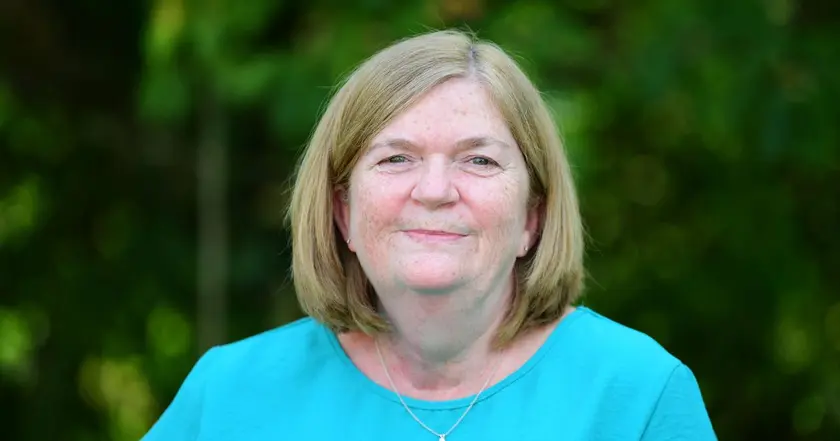
A mother’s long battle with gallbladder and thyroid cancer becomes a memoir to support others facing rare cancers.
Ten years with incurable cancer and a mission to help others
Colette Swindells, a mother from Runcorn, did not seek care for indigestion for years until a neck lump prompted medical tests. A gallbladder removal in 2016 revealed cancer, and after further surgery at another hospital she faced multiple cancers across several years, including thyroid cancer that later spread. She underwent chemotherapy and radiotherapy, and despite ongoing treatment she has remained alive for nearly a decade since the first diagnosis.
After more surgeries and a hysterectomy during the Covid era, she learned the cancer would never be cured. She describes a shift from fear to acceptance and has written a book to raise awareness and provide information for others with rare cancers. She hopes her story helps others who feel isolated by the lack of research and support.
Key Takeaways
"When I was told I had cancer, my husband and I drove home and I kept thinking I was going to drop dead."
Initial reaction to diagnosis
"I know that I am incurable, I was told from the start that there is no cure for me."
Prognosis disclosure
"Now I live for today and tomorrow can take care of itself."
Mindset after recurrence
"The idea to write the book came from the lack of research out there for people like me."
Motivation for advocacy
The case shows how long standing symptoms like indigestion can mask serious disease and how gaps exist in early detection for rare cancers. It also highlights the toll of repeated treatments and the emotional burden on families when a prognosis is chronic rather than curable. The move to publish a memoir frames illness as a form of advocacy, inviting readers to demand better information and support for people with rare cancers. This trend reflects a broader push for patient-led initiatives that fill gaps left by research and health systems.
Highlights
- Rare cancers need louder voices and real research
- A life after diagnosis is built on grit and care
- You tell your story so others do not feel alone
- Hope is not a cure it is a plan to keep going
Privacy and emotional impact risk
Publishing a personal cancer journey can raise privacy concerns and may influence readers' perceptions of rare cancers. The piece should avoid sensationalizing illness and respect the subject's control over her story.
Her story challenges readers to consider how society supports people facing rare cancers.
Enjoyed this? Let your friends know!
Related News

Caregiver Sets Boundaries With Adult Daughter After Illness
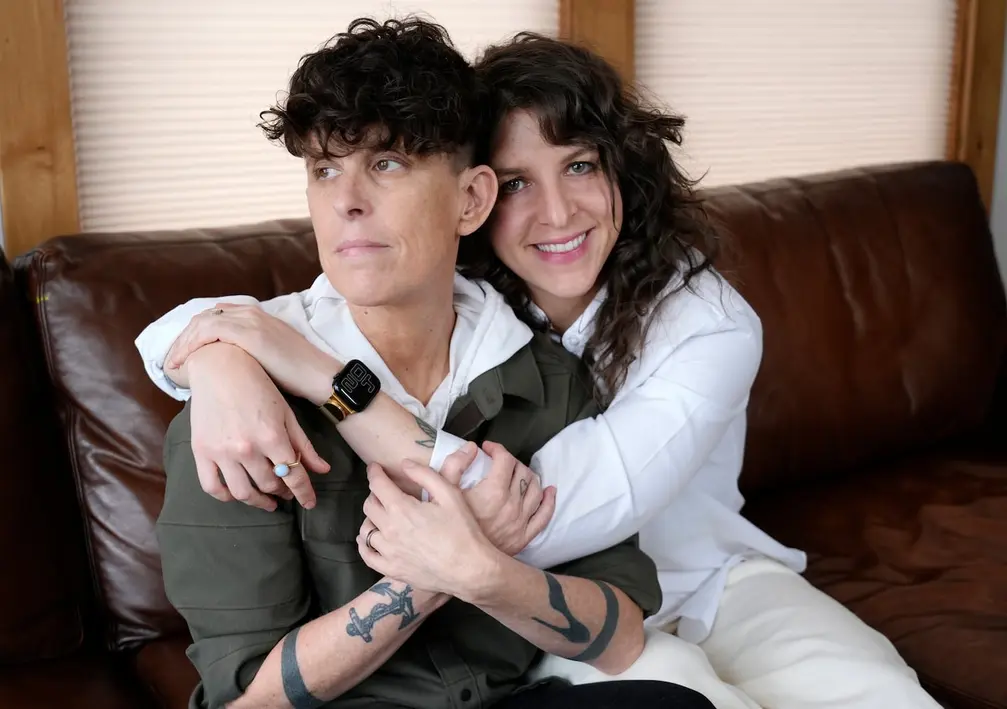
Andrea Gibson passes away at 49
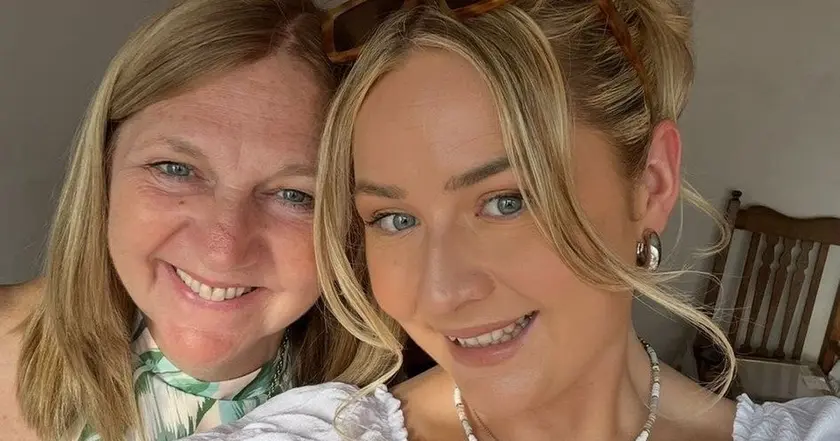
Young teacher battles cancer while facing fertility costs
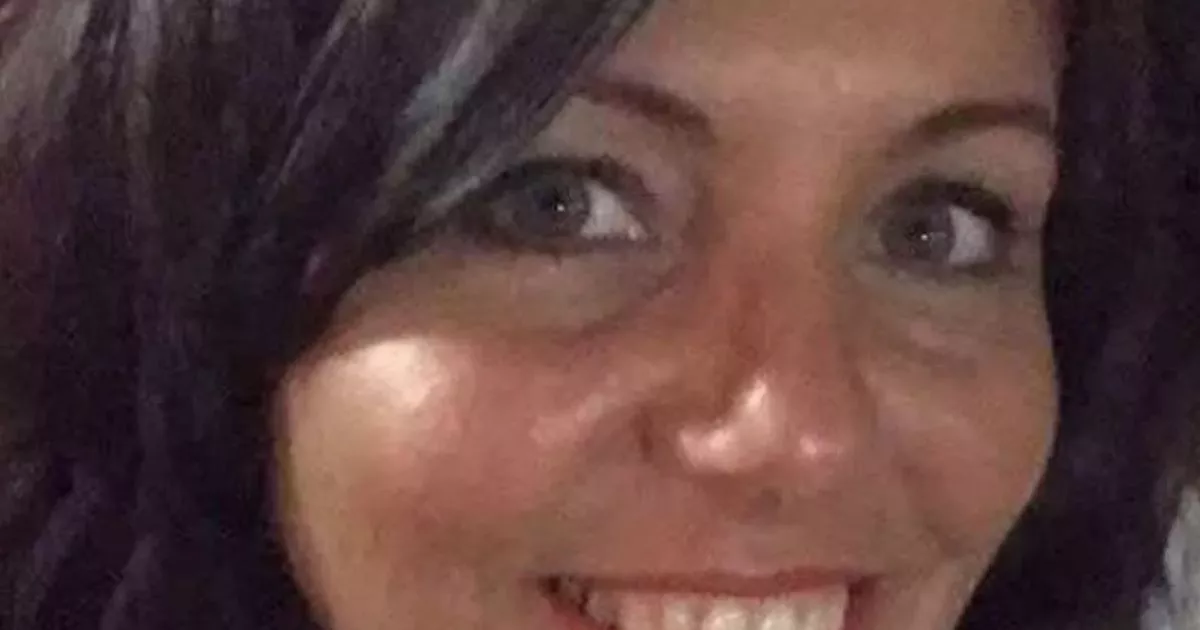
Mother diagnosed with incurable kidney cancer
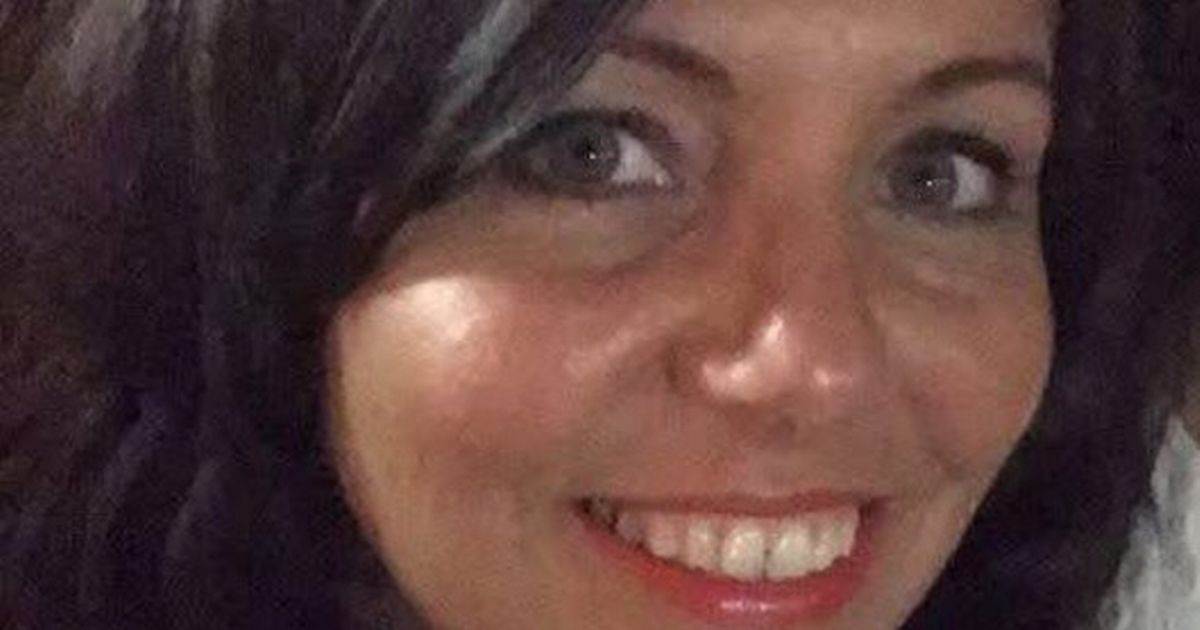
Pauline Cox diagnosed with incurable kidney cancer

Vaginal rejuvenation treatment raises concerns

Young woman diagnosed with cancer after years of misdiagnosis
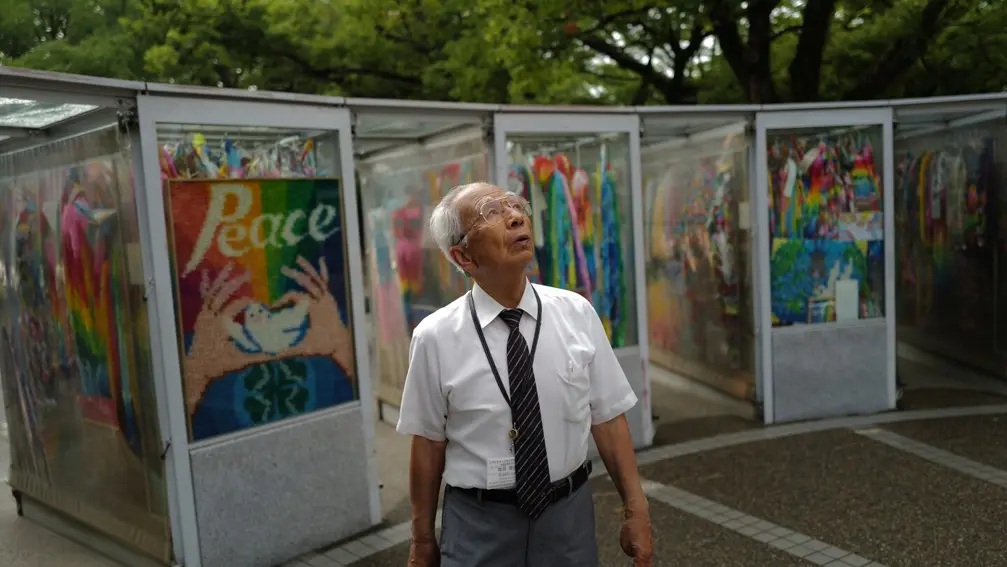
Aging atomic bomb survivors advocate for nuclear disarmament
